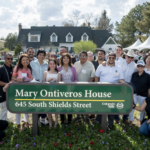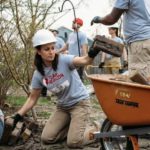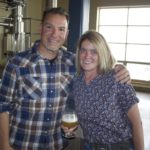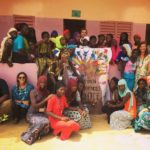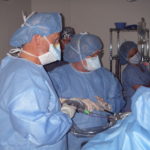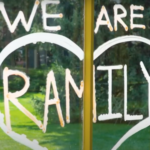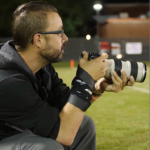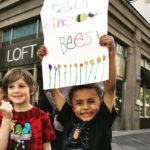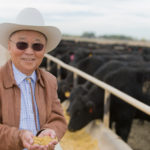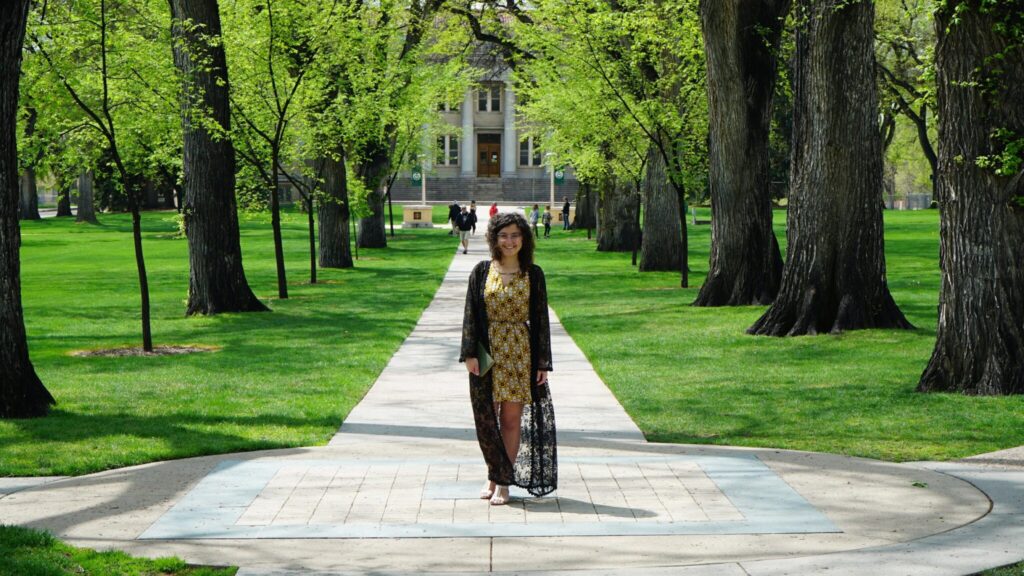
Hannah Norris (B.S., ’20) remembers exactly when the idea for Arboretum Coffee began percolating. She was out with friends who were all discussing what they would do with their lives if anything was possible. When it came time for Norris to respond, her friends provided the answer for her.
“They all said, ‘Hannah would open a coffee shop,’” Norris explained. “At first I thought, ‘why would I do that? That’s not impactful enough for me. I want to go work in refugee camps.’ But the more I thought about it, the more I thought a coffee shop could be both fun and a place where I could help people and build community.”
From the ability to sipping a drink to striking up a conversation with a stranger, Norris has always loved the entire coffee shop experience. Like most students, the local coffee shops around campus became her second home while she was at Colorado State University studying psychology.
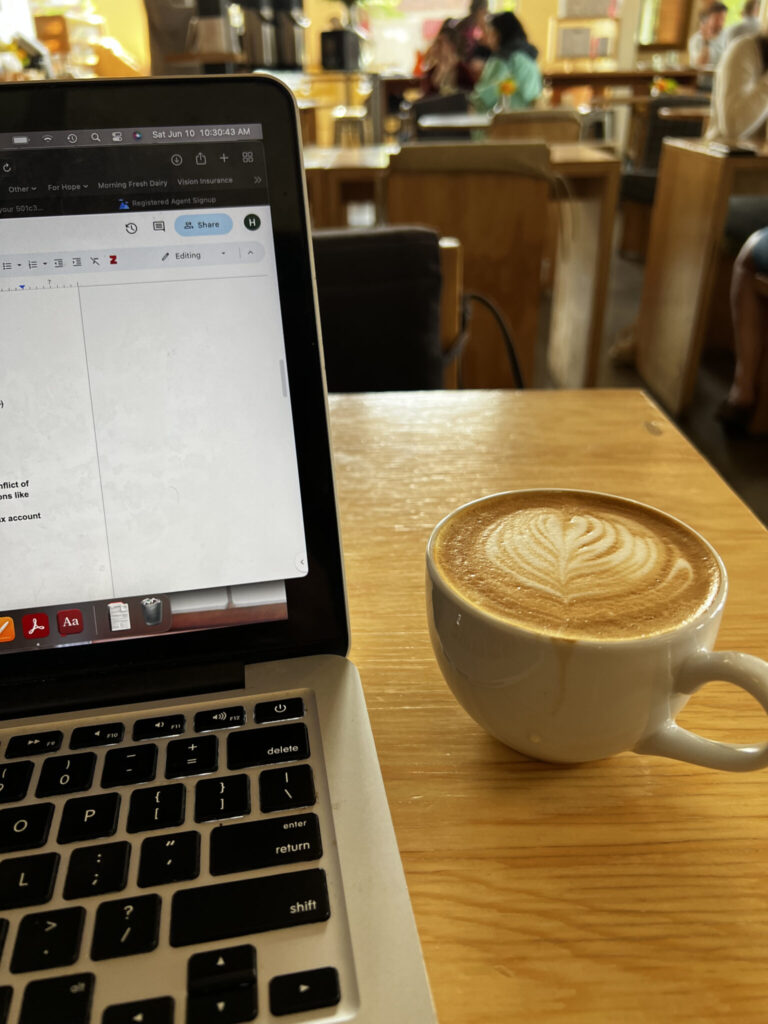
“There’s something special about coffee shops – the shared experience of having a coffee, tea, or pastry while being surrounded by other people – walls come down. You’re forced outside of yourself, but in a space that is truly safe for people to be themselves,” she said.
With such a fondness for coffee shops, opening one seemed like a cool idea, but probably wasn’t going to satisfy Norris’ drive to help people and effect change in the world.
“I began studying psychology because I care about mental health, the brain, and research of the two,” she said. “I’m much too active to be a standard therapist in an office, and case work was very frustrating because of the lack of resources available to actually help people. I learned of the power and creativity of social enterprises, and the idea of navigating poverty outside of our current social systems began capturing my imagination. I started thinking about how these social enterprises are alternative ways to support the flourishing of marginalized people groups.”
After graduation, which was a bit lackluster because of the COVID-19 pandemic, Norris began working with nonprofits and NGOs focused on preventive casework walking with youth and families to navigate poverty. During this time, Norris started volunteering with Everyday Joe’s Coffee House (which was an all volunteer-run shop) to learn how to make coffee and Genesis Coffee (which ran a job-training and mentorship program for at-risk youth) to learn how to run a program like what she was dreaming of. That’s when psychology, social justice, and coffee all began to blend together into what would become Arboretum Coffee.
“Our mission is to use excellent coffee and goods to cultivate loving, flourishing communities with refugee youth, families, and other immigrants in a dignified and restful space that enables each person to thrive holistically,” Norris said. “We do this by offering a holistic apprenticeship program where refugees and immigrants can actualize their potential.”
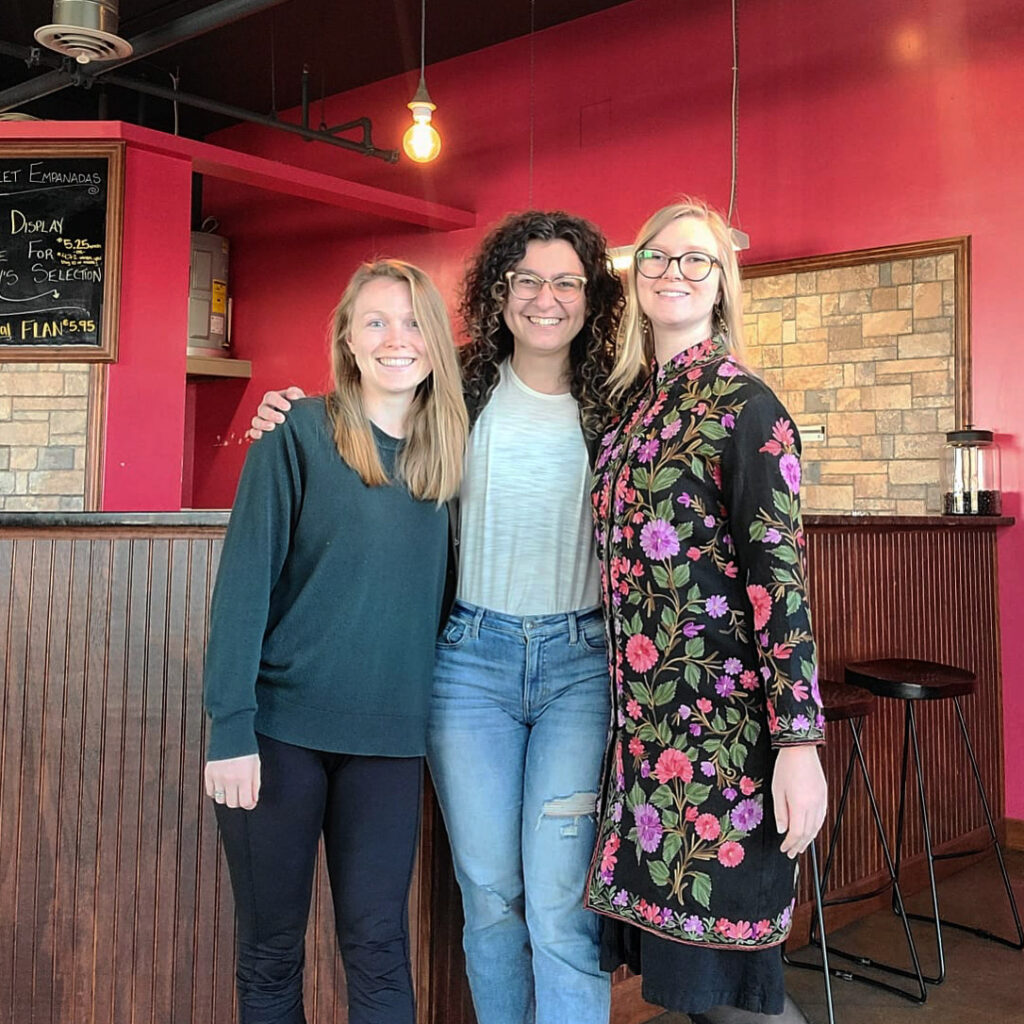
To accomplish this, Arboretum will employ youth aged 18-24 who live in Northern Colorado with either legal refugee status, or who arrived in the U.S. within the past 10 years with work permits, in a paid apprenticeship program. This program will train them in barista-skills, coffee industry knowledge, and customer service, while also educating them on financial literacy, career preparation, and American workplace culture. Apprentices will also be paired one-on-one with a volunteer mentor and given the resources and support to help them accomplish personal goals, such as obtaining their GED, learning to navigate public transportation, or even going on a hike, so they can go on to thrive no matter which career or industry they end up in. While a coffee shop in a college town is always an obvious choice, Norris said there is a far more practical reason why she opted to open Arboretum in Fort Collins.

“With the crises in Ukraine, the Middle East, and at the [southern U.S.] border, there are a lot more immigrants and refugees coming to Fort Collins, and we will continue to get more,” Norris explained. “We need to build up that support system infrastructure here, so these immigrants and refugees have a space to grow personally, professionally, and flourish.”
The dream that became an idea that formed into a possibility is less than a month from becoming a reality, but there’s still a lot that has to happen before the shop can open its doors at the end of January. As the team is wrapping up the coffee shop side of things: health permits, equipment delivery, and connecting with their roaster – Denver’s Huckleberry Roasters, which is on the forefront of finding new coffee regions, including in India – there’s also the outreach necessary to ensure immigrants and refugees are aware of the opportunities Arboretum can provide, finding volunteer baristas who can lead shifts at the shop and support in training apprentices in barista skills, and identifying mentors who can guide the apprentices toward their goals.
“As I’ve been leading this, I’ve been excited watching it all take place – from the local engagement to seeing the community being built, all while seeing this flourishing occur between our local and refugee community,” Norris said. “A lot of great things are happening all at once.”











